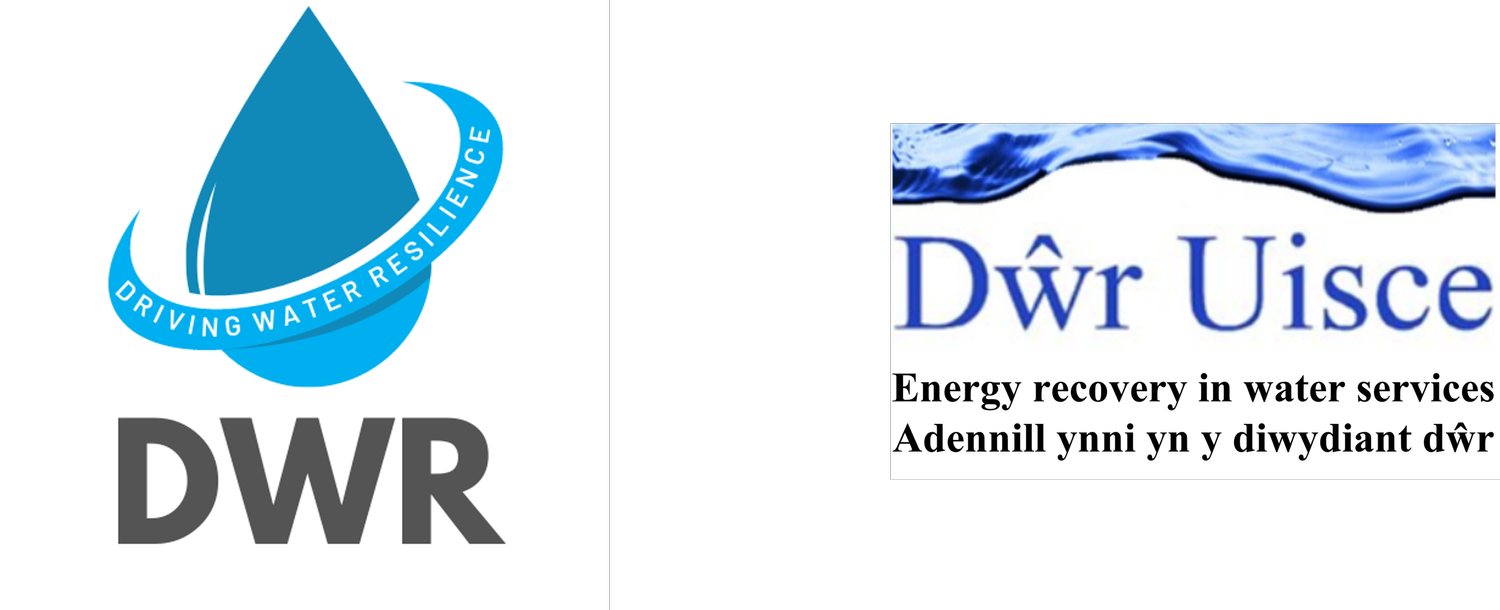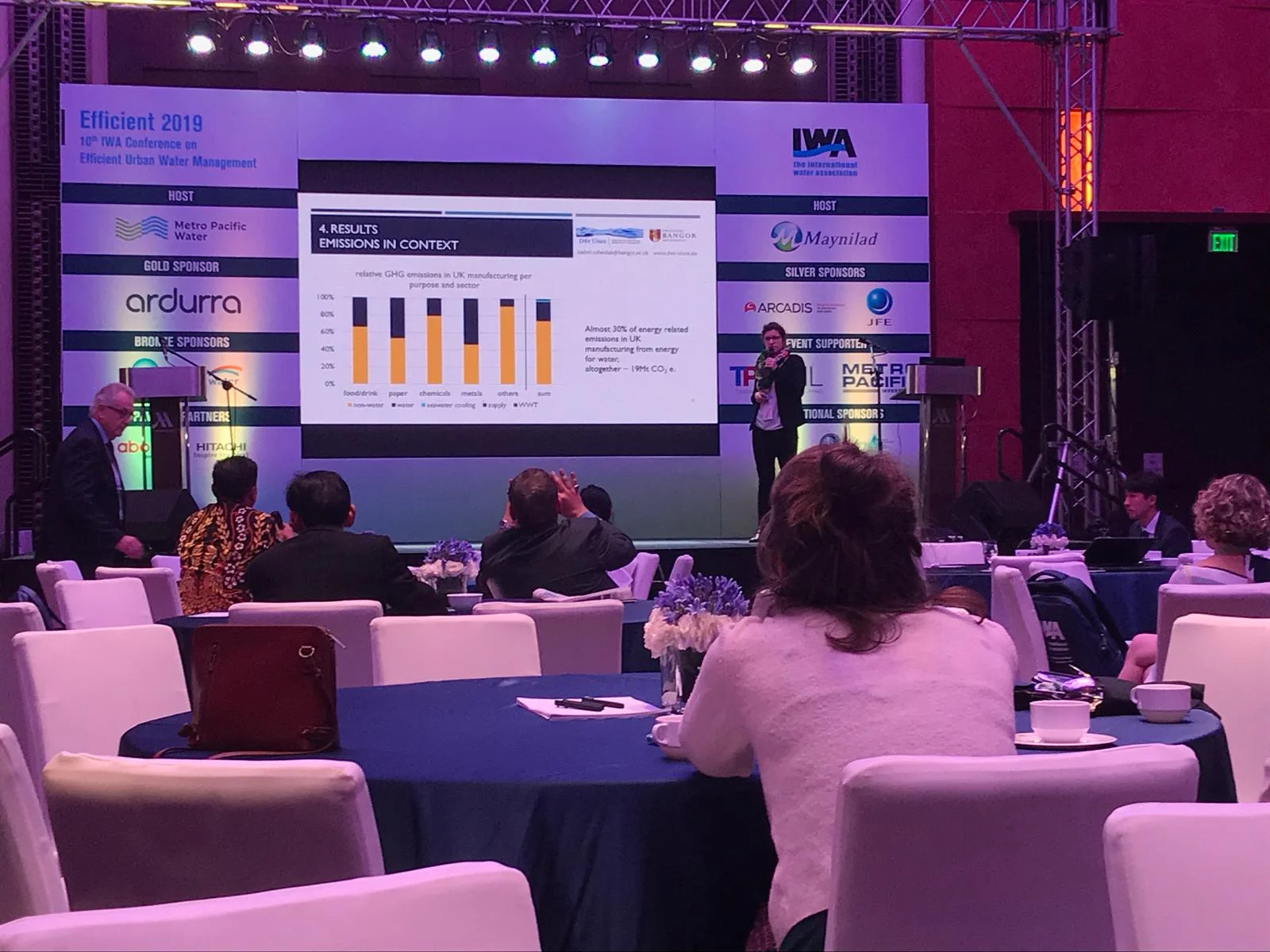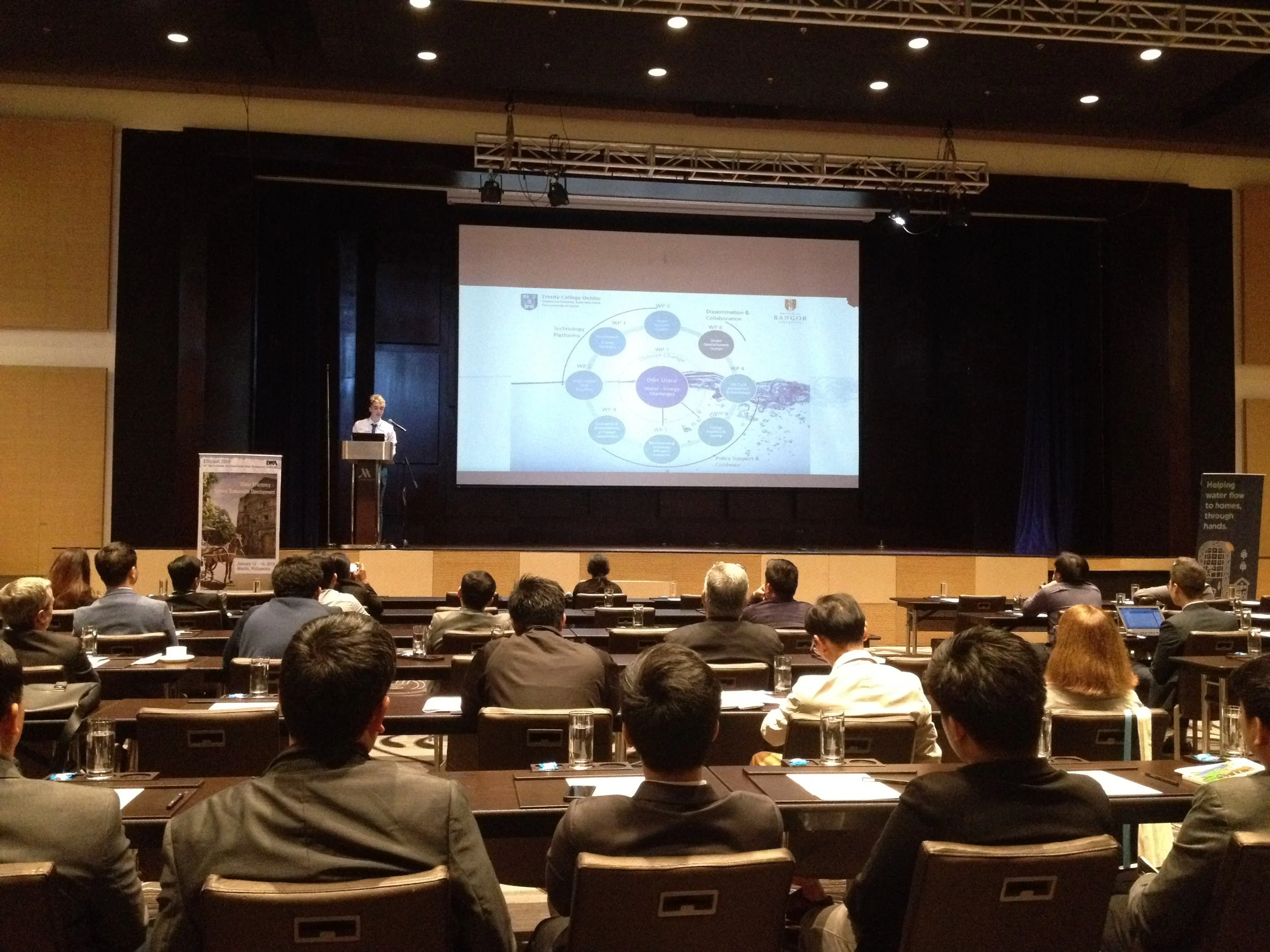The 26th IPDM Conference took place in the University of Leicester, in June 2019. Hundreds of delegates attended from all over the world.
Dr. Katrin Dreyer-Gibney, a Research Fellow from the Trinity Business School, Dublin. Katrin presented a research paper, co-authored with Dr Ana de Almeida Kumlien, Prof. Paul Coughlan and Dr Aonghus McNabola, covering the latest findings from the collaboration and dissemination part of the Dŵr Uisce project: “Learning to innovate through action learning, collaborative prototyping and demonstration”.
The presentation generated much interest amongst conference delegates. Not only did her presentation cover a project addressing water-energy challenges, one of the top sustainability priorities globally, it was also one of the few research projects presented that had action learning research as an overall research methodology.
With this research methodology, practical knowledge is generated in collaboration with many stakeholders over an extended time-period, finding a workable solution to a real-life problem.
Katrin’s talk was well received. Some attendees invited her to collaborate in follow-up activities and provided much constructive feedback. Overall, it was a success, as delegates understood the overall message of the presentation: The global water crises can be addressed when researchers step out of the lab and work side-by-side with industry, local communities, decision-makers and legislators, so their new technology can be adopted.


















